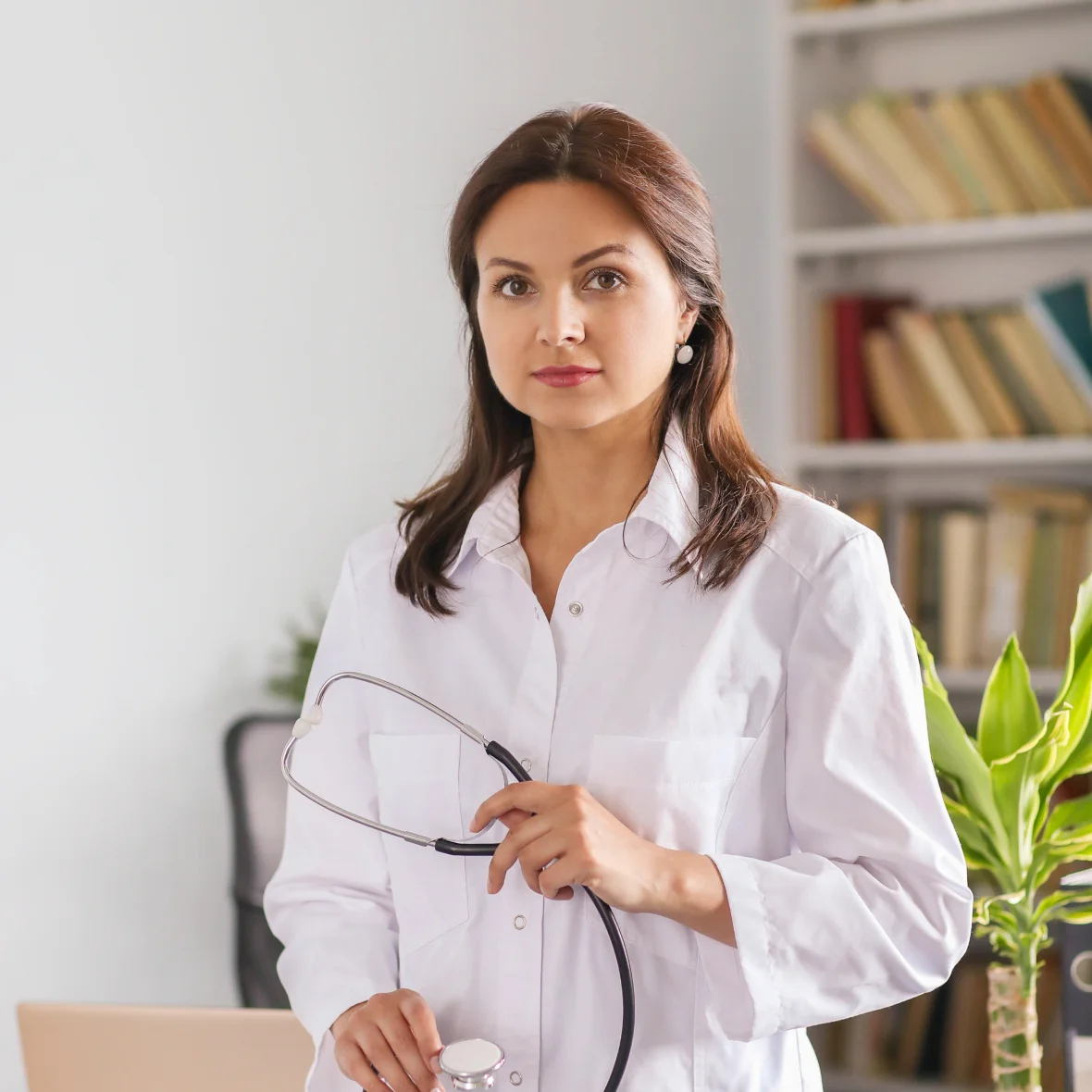Symptoms & Diagnosis
Get the Right Diagnosis for Endometriosis
Early awareness can make a life-changing difference. Learn to identify signs, track symptoms, and know when to seek medical help
Why it matters
Common Symptoms Of Endometriosis
Endometriosis affects an estimated 1 in 10 women and people assigned female at birth, but it’s often underdiagnosed. Knowing the symptoms helps you advocate for timely care.
Pain
Severe menstrual cramps (dysmenorrhea): Pain that begins before your period and extends several days into
Bleeding
Heavy periods (menorrhagia): Soaking through pads/tampons every couple of hours.
Digestive & urinary
Painful bowel movements or urination, especially during periods.
Important note Many of these symptoms overlap with conditions like IBS (Irritable Bowel Syndrome) or ovarian cysts. Keeping a symptom diary helps your doctor pinpoint what’s really going on.
Tracking Symptoms
How to Track Your Symptoms
Why tracking helps
Doctors often rely on your history. By documenting your pain and other issues, you give them a clearer roadmap, speeding up diagnosis.
- Write down what you feel each day. Include pain location, intensity (1-10 scale), how long it lasted, and anything that made it better or worse.
- Apps like Clue, Flo, or Endometriosis Diary let you log symptoms, mood, bowel habits, and medications.
- Are certain days always worse? Does it get bad after certain foods? Does sex trigger pain?
- Are you missing work or school? Cancelling social plans? These notes are important.
Diagnosis — What to Expect
There is no simple blood test for endometriosis. It’s often a process of ruling out other conditions, and many people wait 7-10 years for a diagnosis. But being informed helps you advocate for yourself.
Medical history
Your doctor will ask detailed questions about your cycles, pain, bowel/bladder issues, and how it affects daily life.
Pelvic exam
They’ll feel for cysts or tender areas. This can sometimes indicate endometriosis or related conditions.
Imaging tests
Ultrasound and MRI Helps detect ovarian cysts (endometriomas) but doesn’t show all endo.
Laparoscopy
A minimally invasive surgery where a camera looks inside your abdomen.
Comfort note You have the right to ask questions, get second opinions, and discuss treatment options that respect your life goals (like fertility).
When to Talk to Your -Doctor
Ask yourself:
- Is your period pain severe enough to disrupt work, school, or daily life?
- Do you have pain with sex or bathroom trips that others brush off as “normal”?
- Are you dealing with chronic fatigue that you can’t explain?
- Are you trying to get pregnant without success?
If yes to any of these, it’s time to talk to a gynecologist or an endometriosis specialist.

Mild cramps are common, but pain that makes you miss out on life is not normal and deserves medical attention.
Yes. Many start experiencing symptoms in their teens, though diagnosis often comes years later.
Hormonal treatments like birth control pills can reduce symptoms, but they don’t cure endometriosis.
Sadly, it can take years due to misdiagnosis. Tracking symptoms and being proactive shortens this journey.
